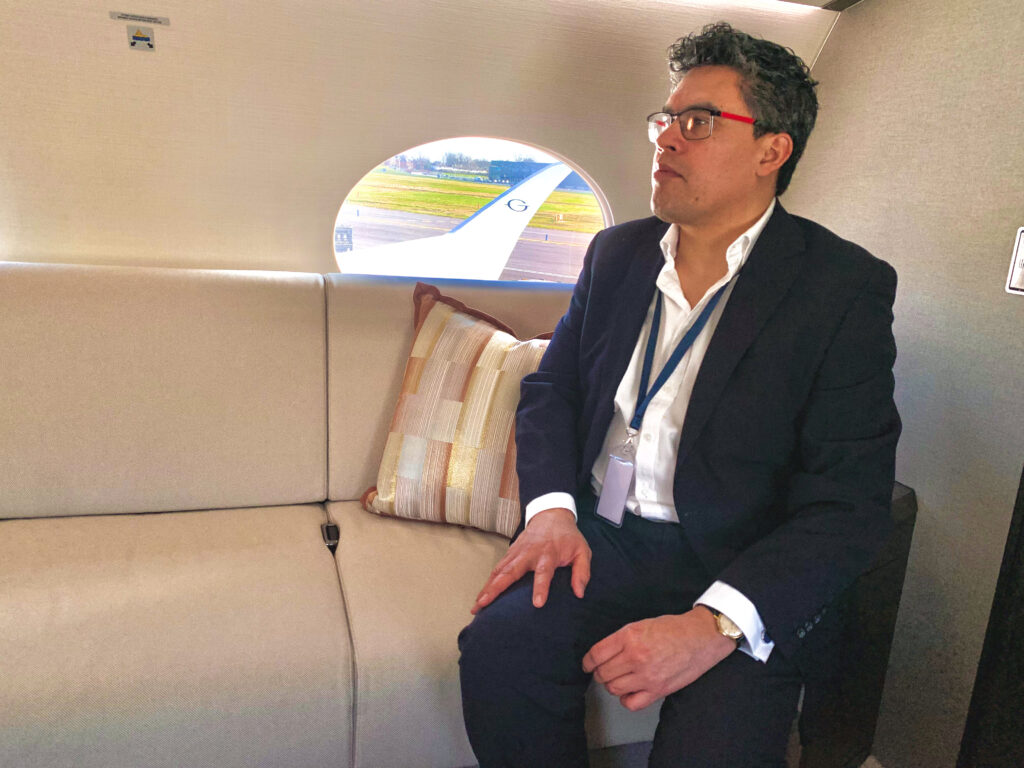For the last 70 years, The Air Charter Association has been highlighting the dangerous practice of illegal air charter in the private jet world. They have been educating the government and the public about the risks of illegal charter and they are still occurring. There are risks to the traveller’s safety but also it damages the reputation of the entire general aviation industry.
An illegal charter is a flight that is operated by an unlicensed operation. They do not hold an Air Operator Certificate (AOC) and the private aircraft legally cannot ask for payment. However, a transaction takes place, making it an illegal charter.
Legitimate and legal charter companies and their pilots minimise the risk in every commercial flight. There is a strong safety oversight by the national civil aviation authorities who have strict regulations. This means that best practices are upheld in aircraft maintenance, flight, and ground operations, crew experience, and training, and increased insurance. All in all, this protects the operator, passengers, and crew and allows them to operate as safely and efficiently as possible as well as being totally legal and trustworthy. Jet Agent only works with these certified and experienced operators.
January 21 has been designated ‘Fly Legal Day’ by The Air Charter Association. On this day in 2019, premiership footballer Emiliano Sala and the pilot onboard died, when their aircraft crashed into the English Channel. Through the media coverage at that time, the accident raised the awareness of illegal charter. If you wish to understand more and why Sala was on that plane, you can find out more on these BBC podcasts. The Air Charter Association hopes to keep highlighting that illegal charters still happen and prevent such a tragedy from happening again.
Private jet charters are easy and seamless to arrange and there are many benefits including saving time, privacy, convenience, and, of course, luxury. Indeed, post-pandemic, the private jet industry has shown its resilience and increased in popularity, with more people than ever turning towards chartering a private jet. So how can you ensure that you are not flying an illegal charter?
- Discuss their requirements for a flight through an accredited broker
- Ask for the operating license, which gives the operator the right to sell ‘tickets’ or flights for ‘hire or reward’
- Request valid insurance for commercial operations
- Check that the pilot is fully qualified
- Trust your own instincts if something is too good to be true
Illegal charters do not have the high levels and layers of safety and security that legal charter flights have. Nor do they have the risk assessment and compliance procedures in place. AOC holders on the other hand have their own set of operating manuals outlining safety, operational and training procedures, which are then approved and audited by the overseeing civil aviation authority.
In illegal charters, these processes are carried out only by the pilot, with no one else checking the levels of safety or compliance. Furthermore, when an illegal charter operates, if an accident should happen, the operator’s insurance becomes null and void as well as the passenger’s life assurance.
Global concern for illegal charters
The U.S. Federal Aviation Administration (FAA) is also working hard to stop illegal charters. Because of the rising demand for private jet travel, there are concerns that illegal charters will also increase as an outcome. They fear that aircraft flight departments and Part 91 operators may accept payment for a charter and unknowingly put themselves at risk by operating illegally. The FAA is putting more resources into combatting this and there can be fines and severe penalties for doing so. They are educating brokers, operators, pilots, and potential consumers on how to avoid illegal charters while promoting safe and legal options in the country.
The National Business Aviation Association (NBAA) held a webinar on “How to Avoid Illegal Charters as We Emerge from COVID-19.” It addressed issues that a flight department or operator may have and how to avoid operating illegal charters. One discussion asked whether an operator could conduct certain flights under Part 91 or whether an operator should have an Air Carrier Certificate to do so and operate under Part 135. We highly recommend these educational opportunities, especially for those first-time private aviation users.
Regulations and safety and security in flight operations are complex. Part 91 operators are barred from carrying passengers for compensation, and any operator unsure of regulations should seek out an expert to guide them. The NBAA does have resources available to operators and passengers under different operating certificates including the “Guide to Selling Charter by the Seat” and the “Air Charter Consumer Guide.” The Air Charter Safety Foundation also is battling the cause on behalf of the FAA, by managing a hotline 888-SKY-FLT1 to report illegal charters.
With all these major players battling to combat illegal charter, we can only hope that the death of Emiliano Sala was not in vain and such a tragedy will never happen again. If you would like to learn more about booking a certified private charter flight, do not hesitate to contact our sales team to receive expert advice, here.
